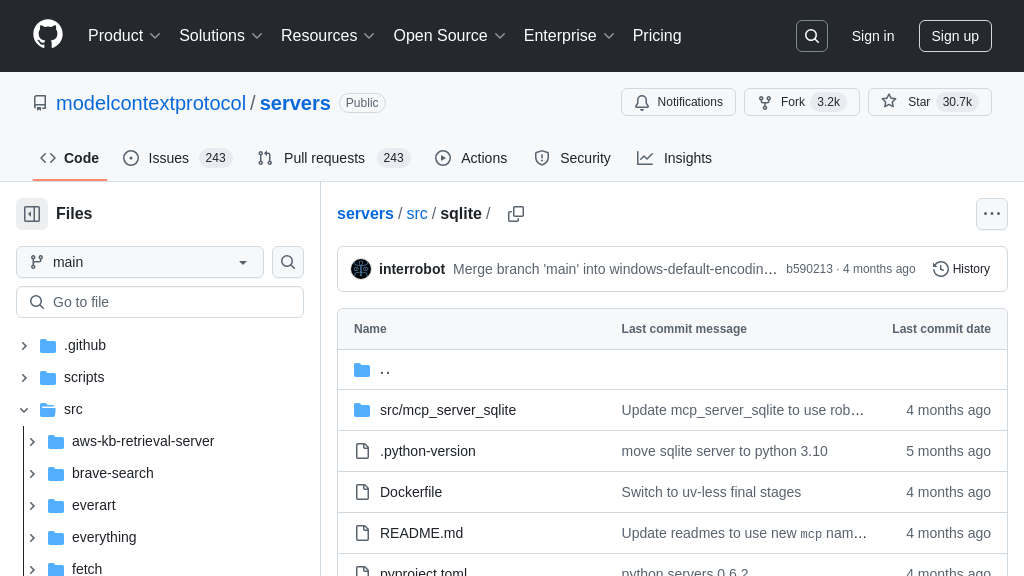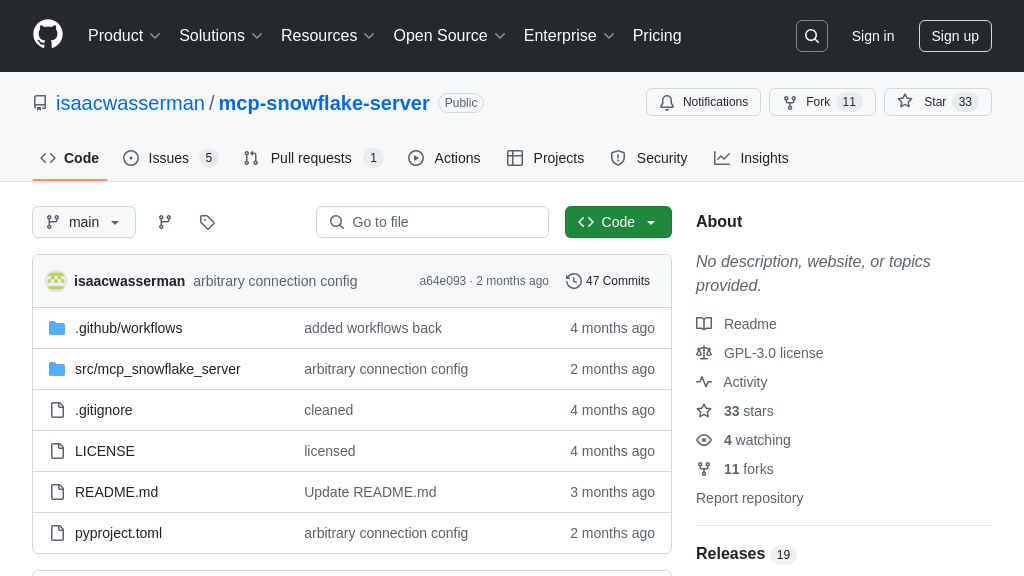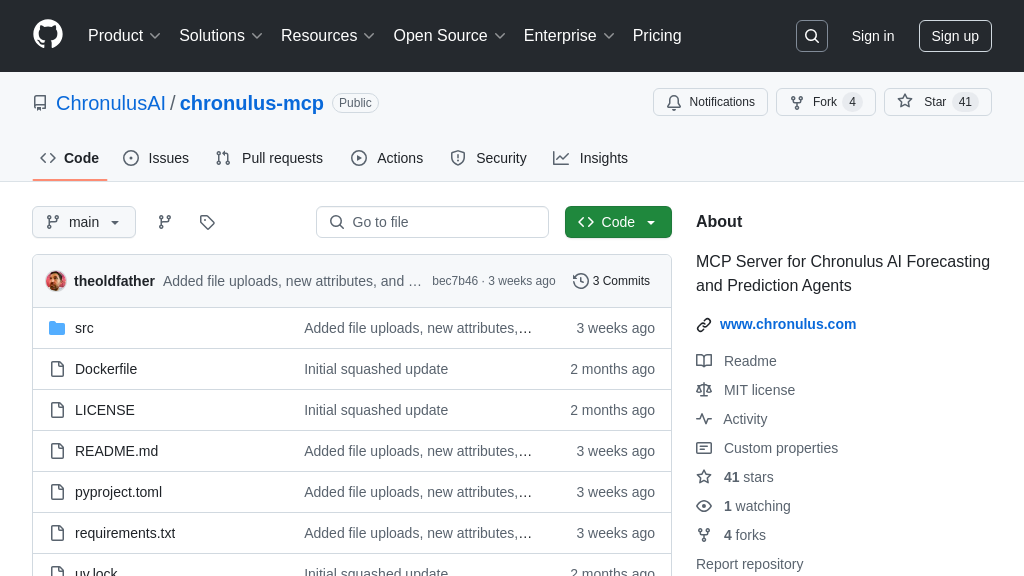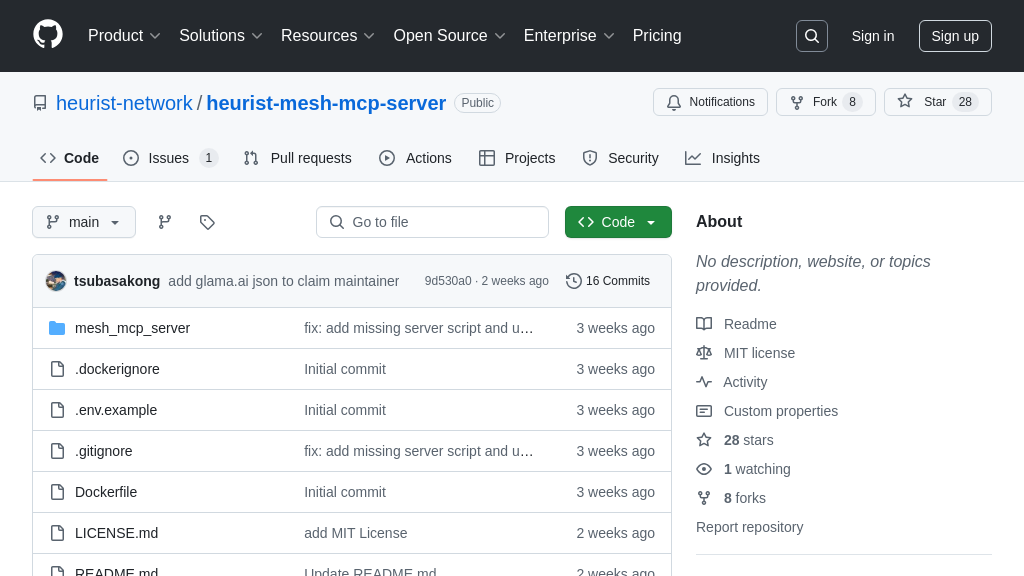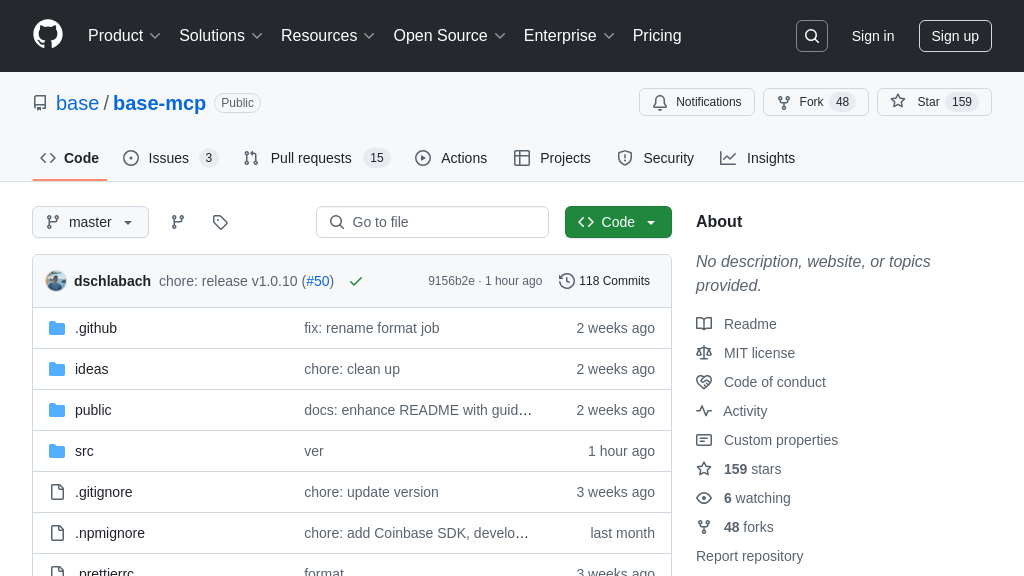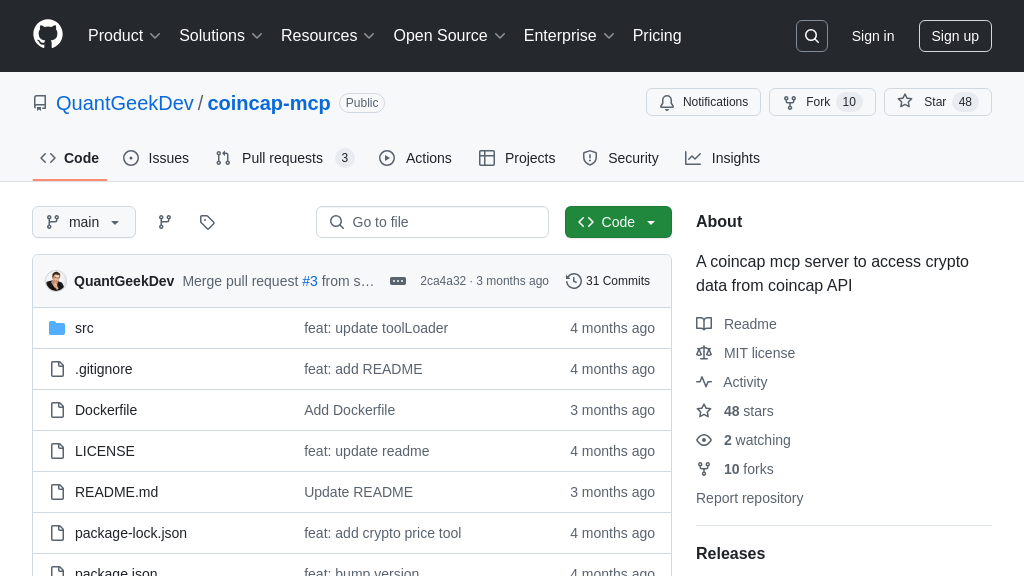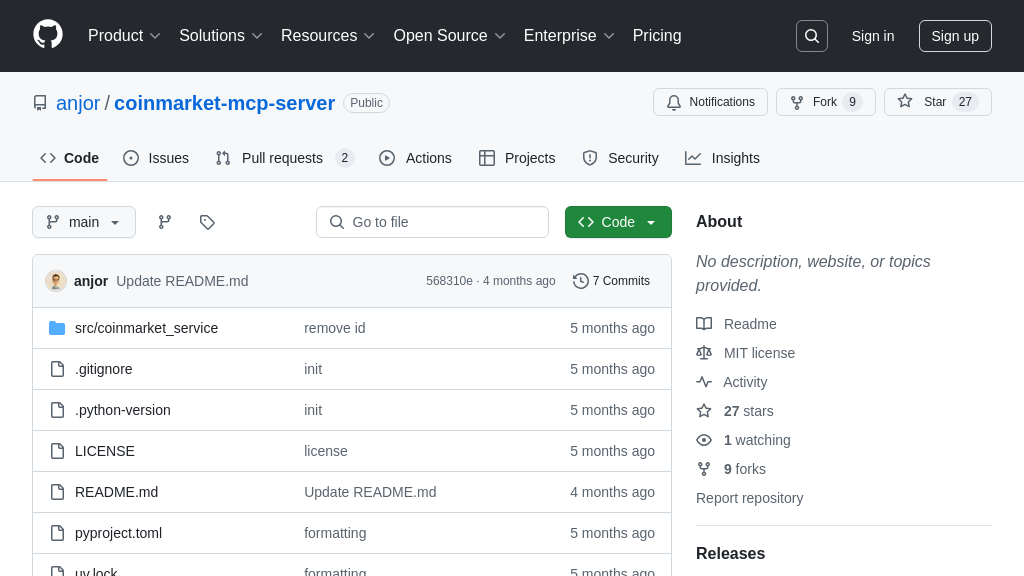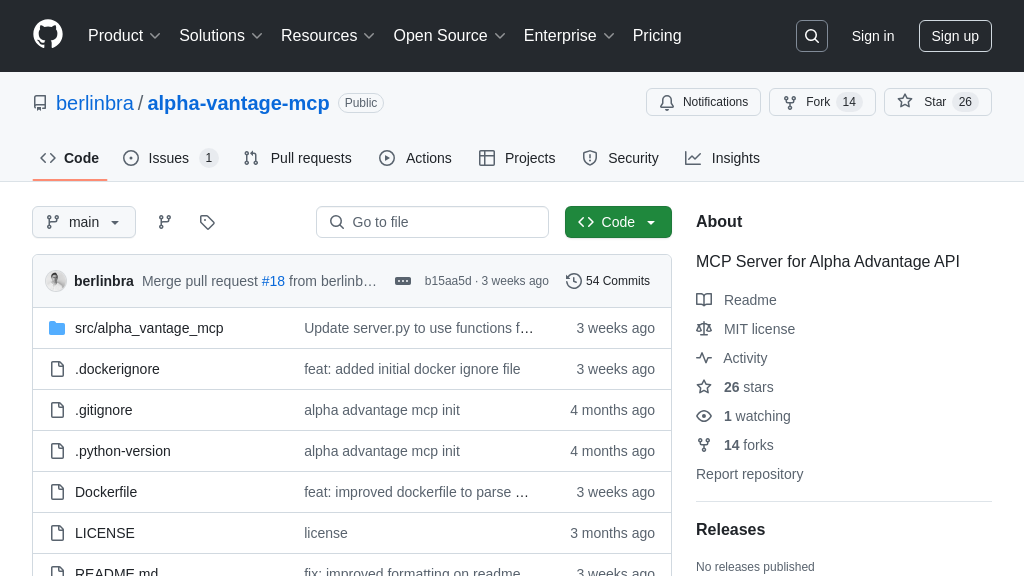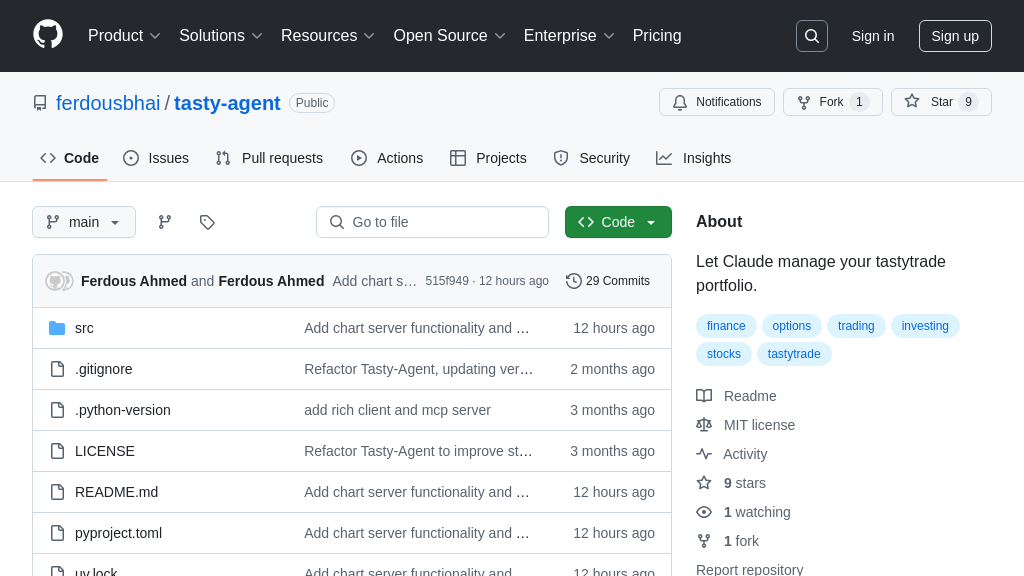token-minter-mcp
Token Minter MCP: AI-powered ERC-20 token minting across 21 blockchains.
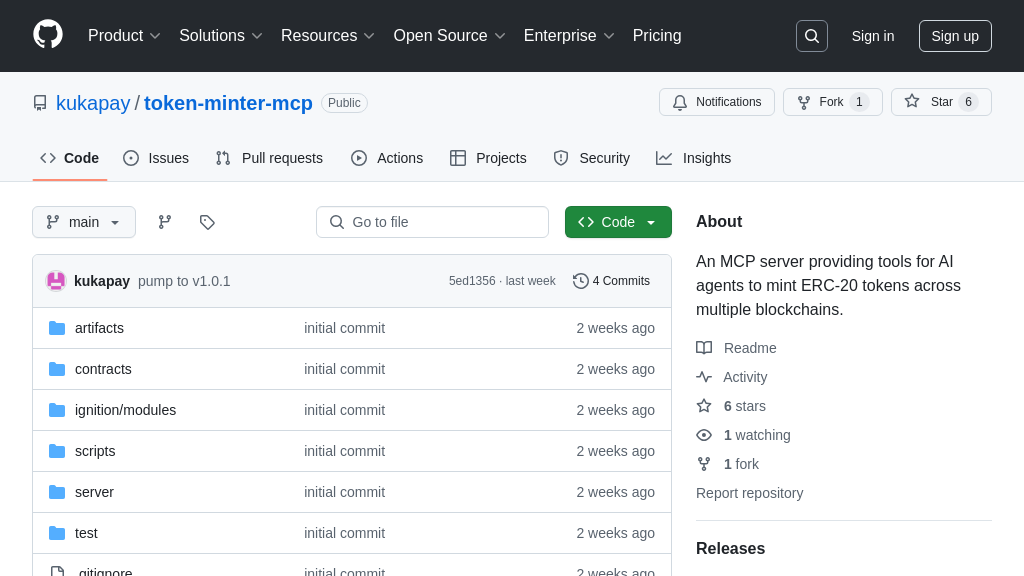
token-minter-mcp Solution Overview
The Token Minter MCP is a server designed to empower AI agents with the ability to mint and manage ERC-20 tokens across 21 different blockchains. This MCP solution simplifies the complexities of blockchain interaction, enabling AI agents to programmatically deploy new tokens with customizable parameters, initiate token transfers, and query essential token metadata.
Key features include tools for deploying tokens, transferring tokens, retrieving transaction details, and checking token balances. It also provides resources to access token metadata via URI and interactive prompts for deployment guidance. By integrating the Token Minter MCP, developers can enable AI models to seamlessly interact with blockchain networks, automating token management tasks and unlocking new possibilities for decentralized applications. This server acts as a standardized interface, streamlining the process of deploying, managing, and querying token information, ultimately saving developers time and resources.
token-minter-mcp Key Capabilities
ERC-20 Token Deployment
The token-minter-mcp allows AI agents to deploy new ERC-20 tokens on various blockchains. This functionality enables AI agents to create and manage their own digital assets programmatically. The agent can specify token parameters such as name, symbol, initial supply, and decimals. The server then handles the complexities of deploying the token contract to the specified blockchain. This feature simplifies the process of token creation, making it accessible to AI agents without requiring deep blockchain expertise.
For example, an AI-powered loyalty program could automatically deploy a new reward token on Polygon to incentivize user engagement. The AI agent would use the deployToken tool, specifying the token name, symbol, initial supply, and chain ID (137 for Polygon). The server would then deploy the token, returning the transaction hash to the AI agent for tracking. The technical implementation involves using a smart contract deployment script and interacting with the blockchain via an Infura API key and a private key for signing transactions.
Automated Token Transfers
This feature enables AI agents to initiate ERC-20 token transfers between addresses on different blockchains. The AI agent specifies the token address, recipient address, amount, and chain ID. The server then handles the transaction signing and broadcasting, abstracting away the complexities of interacting with different blockchain networks. This allows AI agents to seamlessly manage token distribution, payments, and other token-related operations.
Consider an AI-driven decentralized exchange (DEX) that automatically rebalances liquidity pools. The AI agent could use the transferToken tool to transfer tokens between different pools on various chains, ensuring optimal liquidity distribution. For instance, it might transfer 150.75 USDC from its account to a liquidity pool on Polygon. The server would return the transaction hash, allowing the AI agent to monitor the transfer status. The technical implementation involves using a wallet library to sign the transaction and interacting with the blockchain's API to broadcast it.
On-Chain Metadata Retrieval
The token-minter-mcp provides AI agents with the ability to query token metadata, such as name, symbol, decimals, and total supply, directly from the blockchain. This feature allows AI agents to dynamically retrieve information about ERC-20 tokens, enabling them to make informed decisions based on real-time data. The server exposes token metadata via a standardized token://{chainId}/{address} URI scheme, making it easy for AI agents to access this information.
For example, an AI-powered portfolio management tool could use this feature to display detailed information about the tokens in a user's portfolio. When a user adds a new token to their portfolio, the AI agent could use the getTokenInfo tool to retrieve the token's metadata from the blockchain and display it in the user interface. The technical implementation involves querying the token contract's storage using the blockchain's API and parsing the returned data.
Transaction Status Monitoring
AI agents can use the token-minter-mcp to retrieve transaction details by hash, allowing them to monitor the status of token deployments and transfers. This feature provides transparency and accountability, enabling AI agents to track the progress of their blockchain interactions and ensure that transactions are successfully executed. The server retrieves transaction details from the blockchain and returns them to the AI agent in a structured format.
Imagine an AI-driven supply chain management system that uses tokens to track the movement of goods. After initiating a token transfer to represent the transfer of ownership of a product, the AI agent could use the getTransactionInfo tool to monitor the status of the transaction. If the transaction fails, the AI agent can take corrective action, such as re-submitting the transaction or alerting a human operator. The technical implementation involves querying the blockchain's API for transaction details using the transaction hash.
Native Token Balance Check
The token-minter-mcp allows AI agents to check the native token balance of the current account on various blockchains. This feature is useful for AI agents that need to pay transaction fees or interact with other smart contracts that require native tokens. The server retrieves the account's balance from the blockchain and returns it to the AI agent.
For instance, an AI-powered DeFi platform could use this feature to ensure that it has enough ETH to pay for gas fees on the Ethereum network. Before initiating a transaction, the AI agent could use the getBalance tool to check its ETH balance and ensure that it is sufficient. The technical implementation involves querying the blockchain's API for the account's balance.
